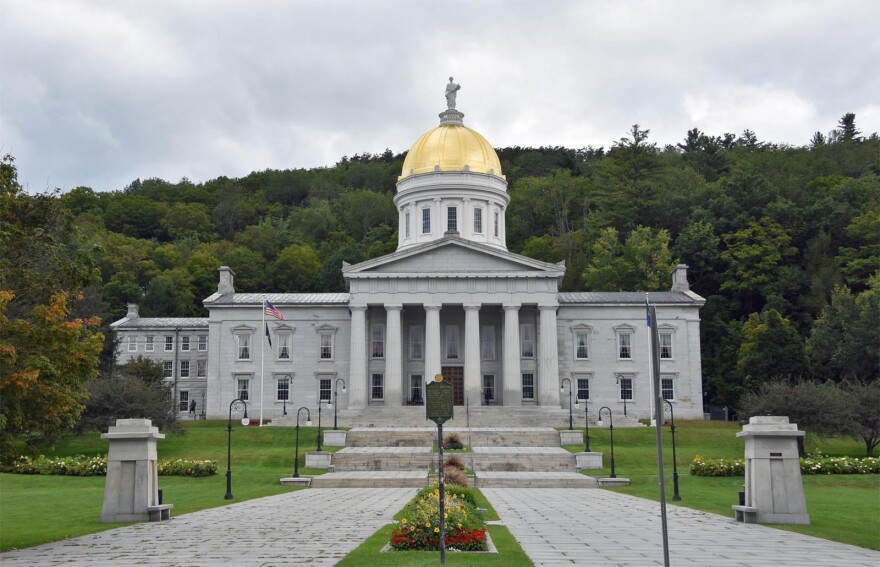There will be changes in Vermont’s government beginning in January after voters rejected the legislative super-majority and ousted the lieutenant governor.
The state’s constitutional offices and all legislative seats were before voters on Tuesday. Republican Governor Phil Scott easily defeated Democratic challenger Esther Charlestin with 71-percent of the vote to gain a fifth term.
State Treasurer Michael Pieciak, Secretary of State Sarah Copeland Hanzas, State Auditor Doug Hoffer and Attorney General Charity Clark, all Democrats, easily won re-election.
The race that was expected to be, and was, close was for Lieutenant Governor. Former state legislator John Rodgers, who switched parties in May saying Democrats have become fiscally irresponsible, defeated incumbent Democrat/Progressive David Zuckerman 46 to 44 percent.
“We were really hoping to have another couple percent ahead but we knew it was going to be close,” Rodgers notes. “And didn’t even think about getting into this race until the end of May, six days before petitions were due, so we had a short window running against an incumbent. So it was an uphill battle the whole way. So we’re pretty darned pleased with the results we’ve got even though it’s tight.”
Because the race did not pass a 50 percent winning threshold, the state legislature will have to decide the race. Rodgers expects that to be a formality.
“I can’t see the legislature not going along with the will of Vermonters who have spoken,” believes Rodgers. “And although it’s close it’s not a hundred votes. It’s thousands of votes and so it’s pretty clear that we got the most votes and hopefully that’ll all go smoothly.”
Rodgers will preside over a Senate that lost its super-majority, as did the Vermont House. Middlebury College Professor of Political Science Bert Johnson notes that seats flipped from Democrat to Republican across the state.
“It’s important to keep it in perspective. Both the House and the Senate are still solid majorities for the Democratic Party,” Johnson notes. “But it’s true that the Democrats did lose the super-majority in both houses and I think you can credit that to the affordability message that was being used by Phil Scott and the Republicans, their slate of candidates that took advantage of that message and a climate in which people saw their property taxes go up by nearly 14 percent on average and were upset with rising costs.”
Vermont Democratic Party Chair David Glidden says the losses are due to a number of factors and returning lawmakers will face a slightly different environment in Montpelier.
“We have to also be realistic that there are many times in Vermont’s history that Democrats have been a majority and not a super-majority. So this isn’t uncharted waters,” Glidden says. “I think it will mean that Republicans have to come forward with some serious proposals. Frankly I’m still thrilled to be in a majority and be able to deliver our agenda.”
On Wednesday incumbent Lieutenant Governor David Zuckerman issued a statement thanking voters and those who worked on his campaign. He notes that while the results of the election were disappointing he “will continue fighting by your side” on the issues.




